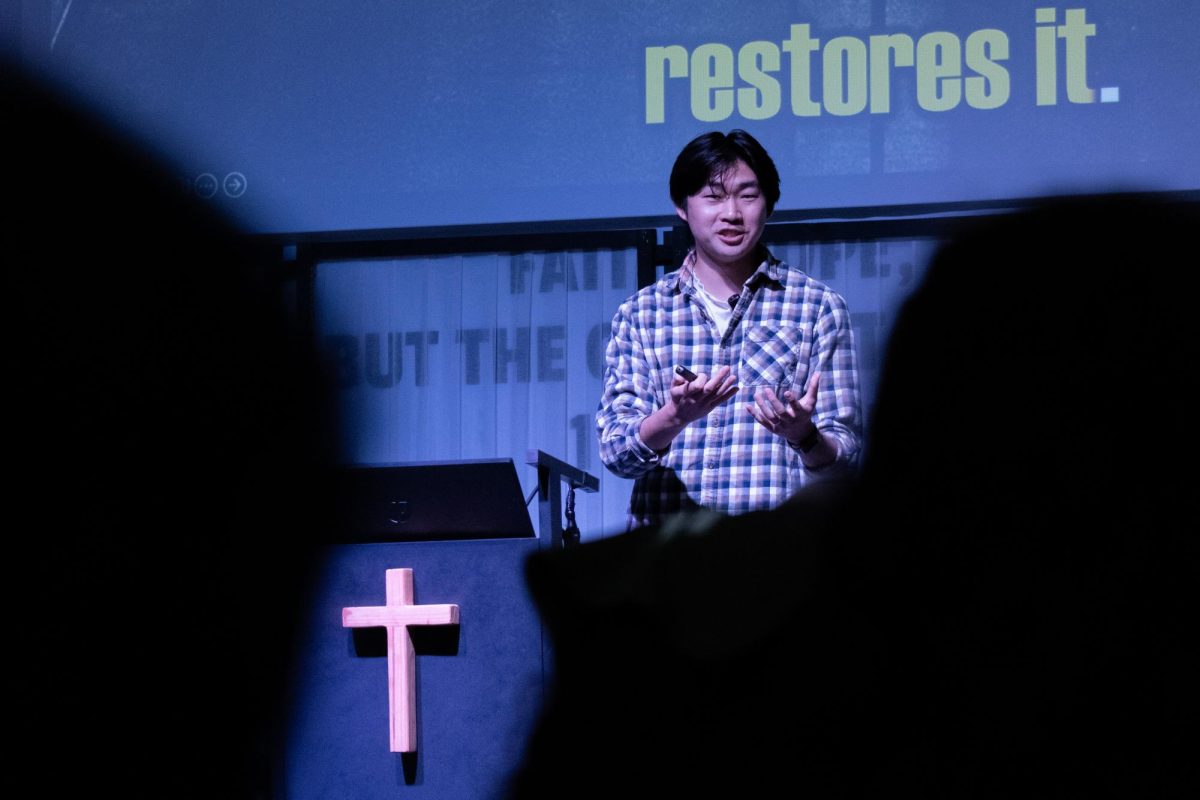“The Technical Achievement Award is given in recognition for technical achievement in corrosion engineering that had significant impact on the practice of corrosion control, or on the enhancement of the profession of corrosion engineering,” according to The National Association of Corrosion Engineers website.
Bavarian recognizes what the award represents.
“As the recipient of this award, one of my responsibilities is to educate the public about the issues. We have to expose technical folks [to the problems of corrosion] in order to minimize damage.”
The dean of the College of Engineering and Computer Science, S.K. Ramesh, acknowledged Bavarian’s accomplishments and influence.
“Dr. Bavarian is one who epitomizes the fact that education is multi-dimensional,” Ramesh said. “He actively engages undergrads—he has probably mentored over 200 students. Without exception his students talk about the life lessons they learned from Dr. Bavarian.”
While it isn’t a topic that regularly makes news headlines, corrosion warrants significant attention, Bavarian said.
“Corrosion in this country is a major issue,” he said. “It costs somewhere in the neighborhood of 3 to 4 percent of the nation’s national domestic product, or $300-$400 billion.”
Corrosion is the degradation of a material due to a reaction with its environment, according to NASA’s Corrosion Technology Laboratory website.
The 2011 earthquake in Japan that caused catastrophe at the Fukushima Daiichi Nuclear Power Plant has raised global concerns about power plant safety, and a big component of that safety revolves around the stability of materials used, Bavarian said.
Following the Fukushima disaster several countries including Germany cancelled or suspended the building or remodeling of nuclear power plants, illustrating the need for the kind of research Bavarian is conducting in corrosion prevention.
“A 10 megawatt power plant that has to be shut down for maintenance costs $150,000 an hour,” Bavarian said. Considering this, he said, finding metals to protect electricity-producing power plants is essential.
“We cannot save all of these costs,” Bavarian said. “But [through research and development] we can save 25 percent of them.”
Some of the research Bavarian and his CSUN students have conducted involves looking at some of the commercially available products used in power plant construction and demonstrating that by adding certain chemical compounds materials can be strengthened against corrosion.
The specific areas of research associated with the award include corrosion inhibition and corrosion protection of steel rebar in concrete, Bavarian said.
Professor Bavarian has been with CSUN for nearly three decades. During that time he has received several awards including the The Engineers’ Council John J. Guarrera Engineering Educator of the Year Award in 2008, and the Outstanding Faculty Award from CSUN in 2005. The professor has also received several grants for his work, and has published many papers in his field.
“CSUN is extremely supportive,” Bavarian said. He pointed out that his work is a joint effort and could not be done without the support of the president, provost, faculty, students and grant supporters.
Bavarian has been selected as a faculty mentor in the engineering educational program to be developed with a $5.5 million, five-year grant CSUN was awarded by the Department of Education in 2011, Ramesh said.
“He’s one of our outstanding faculty members, without exception,” Ramesh said.





